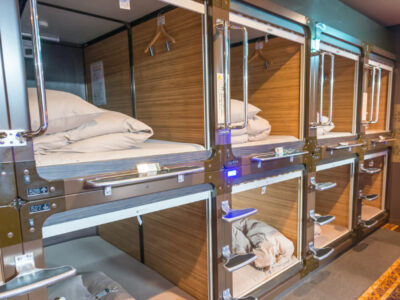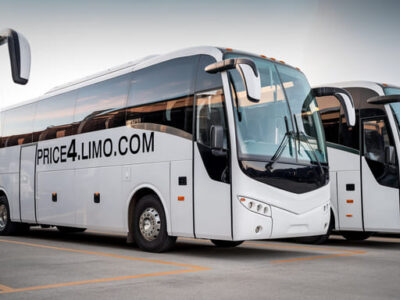For youthful explorers who are itching to embark, cruises present an alluring combination of adventure and discovery. Cruise lines, however, place a high priority on everyone’s safety and wellbeing, particularly that of children. As a result, young travellers especially those traveling alone are subject to stringent regulations and limitations. It is essential to comprehend these rules in order to organize a seamless and joyful encounter.
Age-Based Policies and Chaperone Requirements
For guests sailing alone, the majority of cruise lines impose a minimum age limit, usually 21. People under the age of 21 are typically regarded as minors and need to be accompanied by an adult, who is typically defined as someone who is 21 years of age or older. Younger people, ages 18 to 20 may travel without guardians on several cruise lines, but there are usually restrictions. For instance, if they are traveling with a spouse, they would require proof of marriage, a signed liability waiver, and written consent from a parent or guardian. In addition to making sure that all cruise company regulations are followed, the chaperone must be financially accountable for the child.
Documentation and Parental Consent
Minors traveling must comply with documents beyond age verification. Along with birth certificates and passports, cruise lines often require notarized letters from parents or legal guardians allowing the child to travel. The relationship between the child and the adult traveling with them, the trip dates, and any specific dietary or medical needs must be included in these letters. Separated or divorced parents may need legal guardianship proof. These rules safeguard children and deter kidnapping. How old do you have to be to go on a cruise by yourself is another crucial factor cruise lines consider, ensuring that age policies are clear and strictly followed? Cruise lines prioritize child safety and take strong measures.
On-board Activities and Supervision
Cruise liners provide adolescent lounges and supervised kids’ clubs for interaction and fun. Donations do not absolve parents of their duties. Parents are responsible for their children’s behaviors and welfare on board. For peace and order, cruise lines often enforce kid’s curfews, especially at night. Before a cruise, parents should discuss safety and behaviors with their children. Open communication, clear expectations, and constant supervision ensure a safe and enjoyable cruise for families.
Alternatives for Young Solo Adventurers
Young passengers who crave independence have various possibilities, even though solo cruises for youngsters are usually restricted. Organized teen travel groups offer age-appropriate activities and supervised adventures. These groups often have trained counsellors to supervise and protect teens. Families can also go together but let older teens explore the ship on their own as long as they are supervised by a competent adult. Young adventurers must prepare and read cruise company policies for a safe and memorable voyage.













Comments